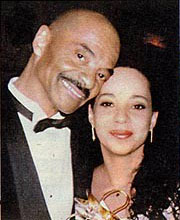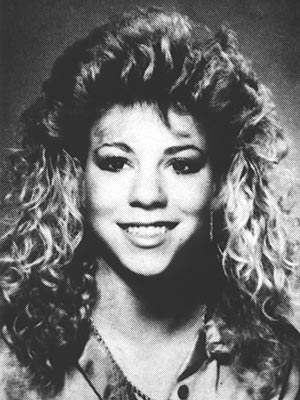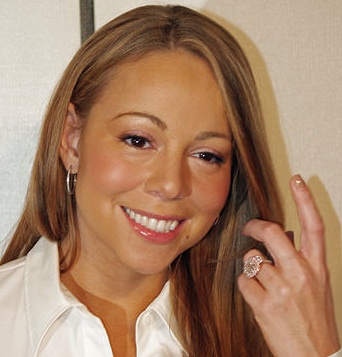 Some notes on an essay that bell hooks wrote, “Loving Blackness as Political Resistance”:
Some notes on an essay that bell hooks wrote, “Loving Blackness as Political Resistance”:
James Cone once said that if white people in America truly understood how whiteness and racism hurts them, and not just blacks, they would want to free themselves from it, they would “destroy themselves and be born again as beautiful black persons.”
An amazing idea, but hooks disagrees. For two reasons: First, how in the world can whites become black? And second, most whites are helped more than harmed by racism, so appealing to their narrow self-interest – as opposed to their political and moral beliefs – will fail for the most part.
Cone, a Christian thinker, sees whiteness as inhuman, as a sort of disease of the spirit, and therefore something that hurts whites most of all. Hooks sees whiteness in a more Marxist way, as a set of beliefs that American society has been built on which, therefore, benefits whites.
Schools and television and American society in general teaches people, both black and white, to overvalue whiteness and undervalue blackness.
Whites, even those who work with blacks for civil rights, believe that whites are better than blacks, that they have more intelligence and even kindness.
Blacks, on the other hand, are told in a thousand ways that they are no good, that they are lacking, particularly poor blacks. This leads to self-hatred, doubt and despair – and sometimes to drink and drugs.
There is more: American society teaches you to think mainly about yourself and how to achieve material success. But for blacks to succeed in a white world they have to downplay or even cut themselves off from their blackness. But how can you do that and still feel good about yourself? How can you be true to yourself and still succeed?
That is why you cannot end racism by acting like everyone is the same. Because everyone is not the same. To require blacks to be the same as whites is unfair to blacks; it is asking them to give up who they are. Equality will not come till whites accept blackness and think there is nothing wrong with it.
And blacks will not be free and good and right within until they unlearn the white messages about blackness and instead learn to love blackness, to love themselves as they are and not to the degree they fit some white American idea of what is right and good and successful.
Cone says whites should love blackness too as a way to fight against the white racist thinking that is everywhere. Hooks does not go that far.
Hooks also takes issue with Shelby Steele, who says blacks sit together at lunch because they are being racist. Hooks says maybe it is simpler than that: maybe they are sick of having to put up with racist whites and want a break from it. Steele assumes that whites of goodwill cannot be racist, that they cannot, for example, be cultural tourists who objectify blacks.
See also:
- bell hooks
- Audre Lorde: Eye to Eye
- acceptable blackness
- black-on-black racism
- There is absolutely nothing wrong with being black – something that whites do not accept in their hearts – and even many blacks
- Obama at Occidental College – find out about Obama’s take on the lunch table sitting thing
 This is my rewrite of the blog post
This is my rewrite of the blog post 




















